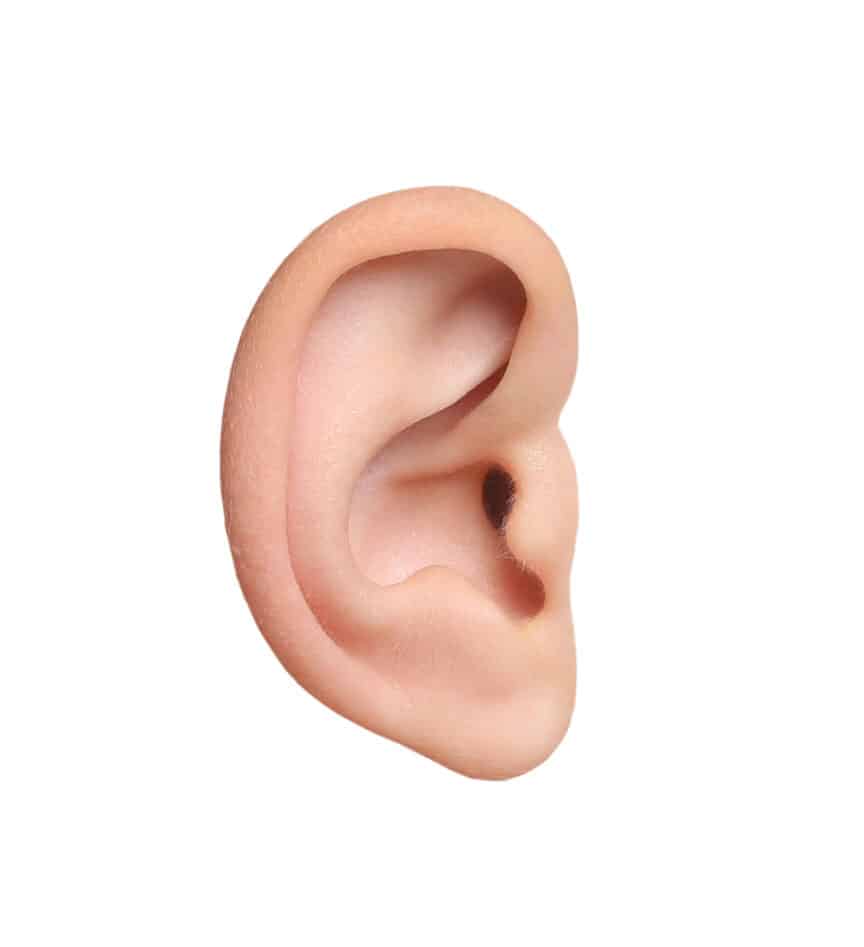Swimmer’s ear, medically referred to as otitis externa, is an infection of the ear canal. Though swimming is a common way this infection can occur, it is not the only cause. Learn more about swimmer’s ear and the ways you can prevent this type of infection.
Causes
Swimmer’s ear is a bacterial infection that is usually caused by water that has stayed in the ear canal for a long period of time. This accumulation of moisture in the ear canal provides a ripe environment for bacteria to grow. Swimming is a common way this type of infection can occur which is why it is most pervasive during the summertime. But you actually don’t have to swim to get swimmer’s ear, other causes include:
- Navigating humid climates and warm environments
- A buildup of earwax in the ear canal
- Using a cotton swab, fingers, or other objects to clean or scratch the ear canal
- Dryness of ear canal skin
This ear infection produces variou symptoms that can be unpleasant and painful to deal with.
Symptoms
Swimmer’s ear can be an unpleasant experience. It produces numerous symptoms that are unforgettable and can affect daily life. These symptoms include:
- Pain, especially when touching your earlobe.
- Drainage from the ear. Pus can have an odor and be a yellow/green color.
- Ear canal is itchy.
- Redness and/or swelling.
- Ear feels full or clogged up.
- Fever
- Lymph nodes are inflamed and tender.
- Hearing challenges
Ear pain is the main symptom of swimmer’s ear. It can be mild to severe and the inflammation that occurs can also cause chewing to be painful.
Swimmer’s Ear & Hearing Loss
Another potential symptom of a swimmer’s ear is conductive hearing loss. This type of hearing loss occurs when is the middle portion of the ear and is temporary. Conductive hearing loss is caused by an obstruction in the outer or middle ear that prevents soundwaves from reaching the inner ear. Swimmer’s ear involves an accumulation of fluid in the ear canal which becomes infected and also leads to inflammation. This prevents soundwaves from traveling through the ear canal to reach the inner ear where they are further processed before being sent to the brain. This obstructs sound and makes it difficult to hear, producing temporary hearing challenges or hearing loss.
Treatment
To diagnose a swimmer’s ear, your doctor will examine your ears. This process usually starts by asking you about your symptoms and recent events that would have contributed to these symptoms. Then, using an otoscope which is an instrument that has a flashlight designed to go into the ears, your doctor will take a look into your ears. This helps them see your ear canal and eardrum and identify if an infection is present. If there is drainage in your ear, they could take a sample with a cotton swab to send to a lab. This allows it to be thoroughly examined which makes it possible to find out what specifically is causing the ear infection.
With effective treatment, a swimmer’s ear usually clears up in 7-10 days. There are a few ways swimmer’s ear could be treated including:
- Antibiotics in the form of ear drops.
- Corticosteroid ear drops which alleviate inflammation.
- Over the counter medications to help reduce and manage pain.
For infections that are more severe, your doctor may prescribe antibiotics that are taken orally in addition to testing a sample taken from your ear canal. People typically start feeling better within 1-2 days of taking treatment.
Prevention
There are effective ways you can prevent swimmer’s ear. A few preventative strategies you can practice include:
- Wear protection. Wearing a swimmer’s cap, ear plugs, or custom made ear protection specifically for swimming can significantly reduce ear exposure to water.
- Keep ears dry. There are several ways you can do this including thoroughly drying your ears after swimming or showering. Be sure to use a towel to effectively dry out your ears. Tilt your head back and forth so that water can exit the ear canal.
- Use ear drops. Check-in with your doctor about using ear-drying drops after swimming. Dilute solutions of acetic acid or alcohol in the ears after swimming can be useful, especially for kids who swim frequently.
- Know what to avoid. Be sure to avoid putting objects in the ear canal.
Contact us to learn more about swimmer’s ear and effective ear care.

